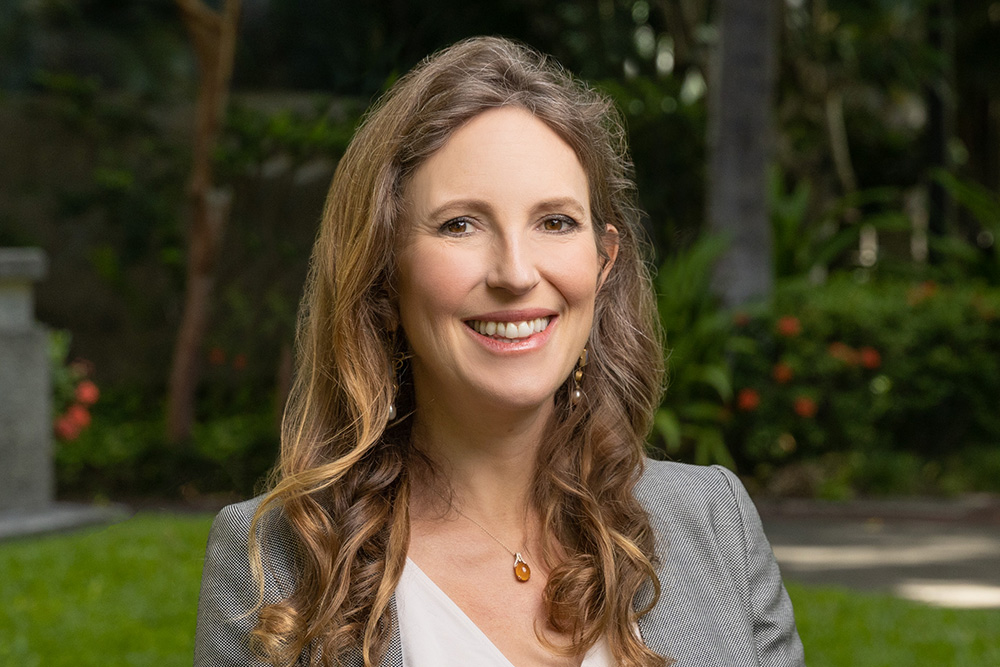Because mesothelioma is a relatively rare form of cancer, it is often difficult to diagnose and treat. Fortunately, researchers all over the country are working hard to improve our understanding of the disease in order to develop better treatments, and ultimately a cure for this terrible disease.
At the Mesothelioma Program at M. D. Anderson Cancer Center at the University of Texas, a team of multidisciplinary scientists and physicians have made significant strides in developing more accurate methods of surgical staging for malignant pleural mesothelioma. “Staging” is the medical term for the process of determining the extent to which a tumor has spread through the body.
Proper Staging of Mesothelioma Essential to Treatment
M. D. Anderson’s team of more than 30 physicians have worked together to develop an innovative surgical staging process that helps them properly assess and describe the extent of the disease. This is crucially important, because mesothelioma must be properly staged before a patient begins treatment in order to provide the most effective therapy. For example, surgical procedures such as extrapleural pneumonectomy (EPP) are can be very effective for a patient in the early stages, but are generally not recommended for patients in the later stages.
Initially, staging is usually done through radiographic imaging, such as a CT scan, an MRI, and/or a PET scan. Doctors may also use serum mesothelin blood tests to measure certain proteins that are secreted by mesothelioma tumors. These tests may also be confirmed by biopsy or thoracentesis.
Surgical Staging Also Required Before Surgery
However, these methods are not entirely accurate. As a result, all patients who undergo surgery at M. D. Anderson also undergo a thorough surgical staging to ensure the mesothelioma has not spread to the lymph glands or abdomen. This is done through a minimally invasive laparoscopic procedure, usually on an outpatient basis.
According to Dr. Anne Tsao, Director of the Mesothelioma Program, this surgical staging is crucially important to make sure that the patient is a viable candidate for surgery. Dr. Tsao explained that, “the reason why it’s so hard to treat is often times people have more extensive disease than what we initially realize from the radiographic imaging. So here at M. D. Anderson before we make the patient undergo a very large surgical procedure, we have to do a smaller surgery that stages the patient to be sure that they’re a correct candidate for that surgery.”
Attorneys Recognize Important Strides Toward Improved Treatment
Galiher DeRobertis & Waxman has a 30 year history of representing clients with mesothelioma. Our attorneys and staff have seen firsthand the devastating effect of this disease on patients and their families. Attorney Richard DeRobertis says, “We salute the physicians and researchers at M. D. Anderson who are making important strides toward improving the treatments for mesothelioma and giving patients real hope for a cure.”






